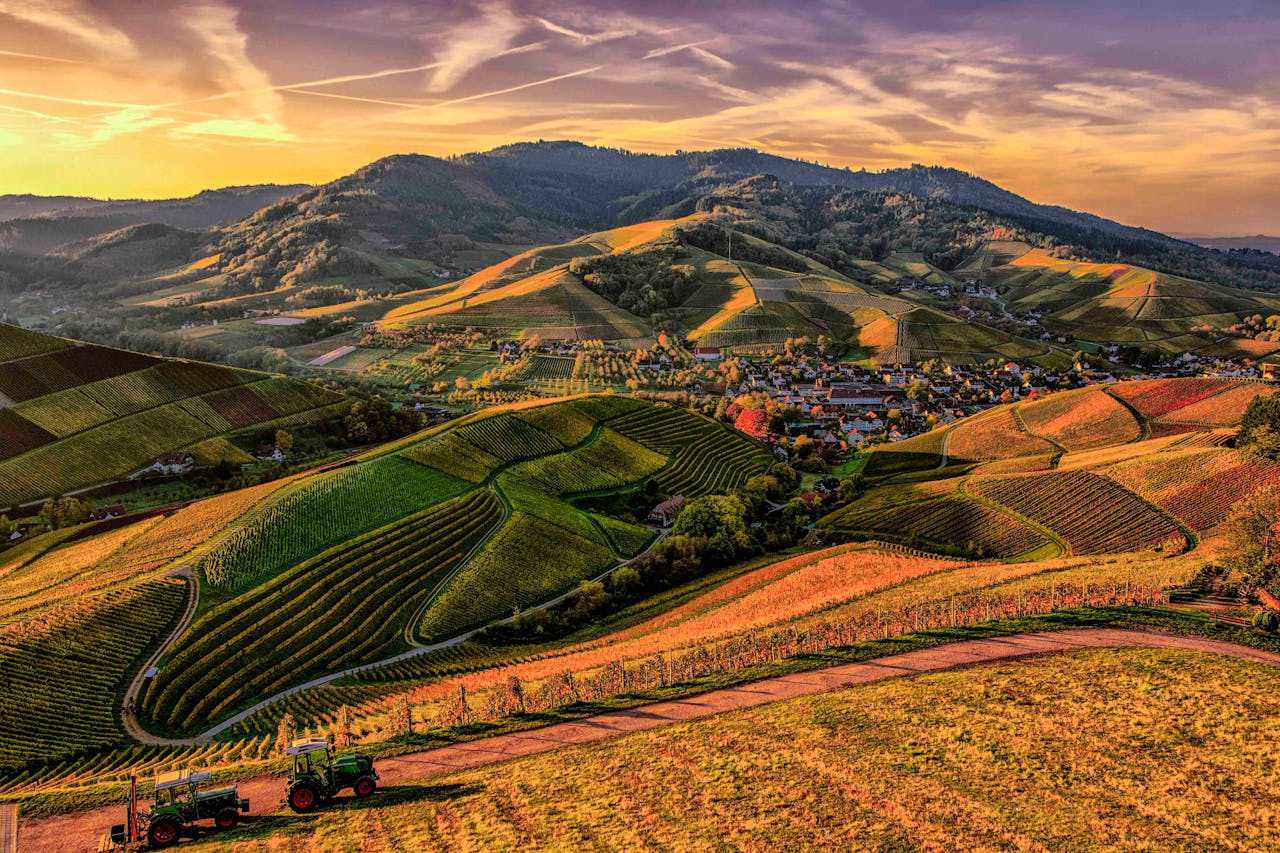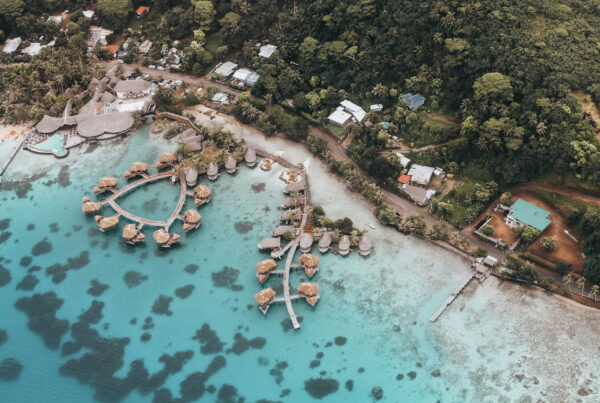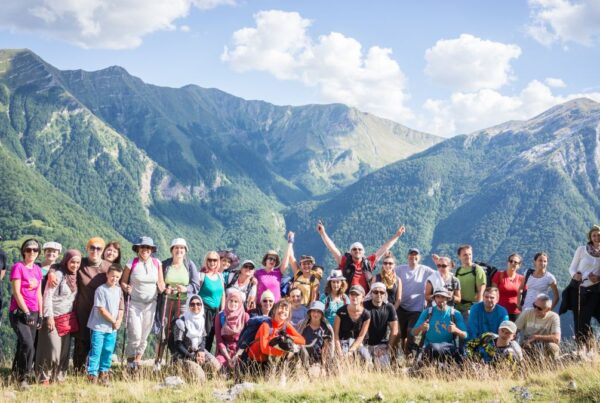The world is more connected than it’s ever been. More people can go to more places—to relax, have fun, visit family and friends, or broaden their understanding of cultures, geographies, and histories.
But as great as travel can be, there are problems that tourism can either create or exacerbate when it’s done carelessly.
From the wear and tear on important historical sites, added litter and waste not properly disposed of, human activity causing changes in local animal behaviour, the carbon emissions from various travel methods, and the strain on local communities to provide housing and resources.
To make travel and tourism sustainable, it has to be done with a certain level of understanding, so that the negative impacts are kept to a minimum, and the positive effects stand out.
What Is Ecotourism?
Ecotourism, according to the International Ecotourism Society, is “responsible travel to natural areas that conserves the environment, sustains the well-being of the local people, and involves interpretation and education.”
It’s a way to travel sustainably, consciously aware of the local ecosystem and what influence you’re having on it. Making choices that will leave the area better off than when you arrived.
There’s a variety of ways this can look in practice, from how you move about to what you eat and what events and experiences you engage in—it will all depend on where you are and what your goals are.
Ecotourism is generally divided into 3 areas: Conservation, Education And Communities. If you’re looking to become an effective ecotourist, here are some tips to remember within those domains.
1. Conservation
Any good ecotourist cares about the long-term well-being of the environment and the biodiversity it contains.
There are many ways tourists impact the natural environment, and many choices that can help minimise the negative aspects, some are easier than others. For example:
- Pick up litter and dispose of waste properly.
- Try to avoid single-use plastics.
- Don’t interact with or feed wildlife, as it can disrupt their natural behaviours.
- Choose eco-friendly accommodations—places that recycle, make use renewable energy options such as solar panels, have energy-saving lights, etc.
- Participate in programs like reforestation, beach cleanups, and wildlife protection.
- Choose travel methods with low carbon footprints—walk and bike where possible, opt for electric cars and buses if available. For long-distance travel, trains are the best option.
2. Education
The third area of ecotourism is education—promoting awareness of the environment and culture that you’re looking to protect with the first two sections.
No one person is going to ensure the well-being of the community and the local biodiversity, it’s a collective effort.
Not only do we need to learn about the environment and our effects upon it, but we also need to ensure that knowledge and understanding is shared with others.
Here are some options for the ecotourist:
- Find eco-tours with knowledgeable guides.
- Join workshops for traditional skills, such as cooking, dancing, or farming.
- Donate to the relevant local science groups, environmental agencies, and conservation efforts.
- As mentioned in the community section, WWOOFing can provide both a place to stay and a crash-course introduction to local farming principles and practices.
- Another aforementioned point: participating in reforestation and wildlife protection programs is both helpful and educational.
3. Community
As you travel, you’ll ideally benefit the locals who live there year-round. This often means supporting local businesses and employment opportunities.
There’s been a lot of tension in many places recently over the number of tourists, and being a smarter ecotourist can help alleviate some of the problems. Here are some ideas:
- Buy locally sourced food (find a farmers market) and eat at locally owned restaurants.
- Buy local handmade crafts or goods—many cities have great artisanal markets worth wandering through.
- Book local guides and tours.
- Take part in cultural events and festivals.
- Accommodation is a complex issue. Airbnb is the source of much discussion, but there are a few new alternatives that could make a difference. Local bed and breakfasts, guesthouses, or homestays are also good options.
- You could also try house sitting—taking care of someone’s home and/or pets while they’re away. Another interesting possibility is WWOOFing (Worldwide Opportunities on Organic Farms), where you help out on a farm in exchange for accommodation. There are a number of platforms for finding opportunities.
Tourism That Supports Rural Communities
From the individual perspective, the benefits of tourism are numerous. Whether you travel to learn, explore, have fun, relax, or be surprised, it is little wonder the tourism industry is large, and getting larger.
But while we can reap many personal rewards by heading abroad, the intricacies of tourism in local communities are less clear.
Without proper care and understanding, tourism can lead to strain on the local economy, generate waste, and risk turning the local population against the tourists.
Engaging in ecotourism practices is the best way to ensure that you get the benefits of travel, while the places you go get the best of you. It’s a more inclusive, sustainable, supportive type of travel that the world currently requires.
- 10 Sustainable Travel Trends Driving The Future of Tourism - March 9, 2025
- 10 Tips To Sell Out Your Transformational Retreats In 2025 - February 20, 2025
- Build 10 Habits That Free Up Your Time With Mindful Coaching - February 11, 2025





